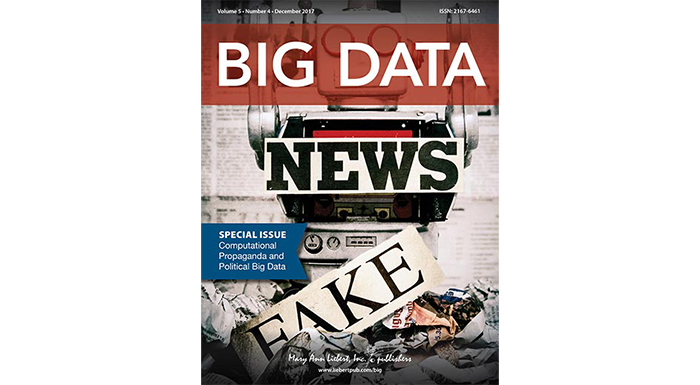Press: Elon Musk claims Twitter’s ban on Donald Trump amplified Trump’s voice among the right. That’s not quite true.
post,
17 May 2022

Peace processes are complex, protracted, and contentious involving significant bargaining and compromising among various societal and political stakeholders. In civil war terminations, it is pertinent to measure the pulse of the nation to ensure that the peace process is responsive to citizens’ concerns. Social media yields tremendous power as a tool for dialogue, debate, organization, and mobilization, thereby adding more complexity to the peace process. Using Colombia’s final peace agreement and national referendum as a case study, we investigate the influence of two important indicators: intergroup polarization and public sentiment toward the peace process. We present a detailed linguistic analysis to detect intergroup polarization and a predictive model that leverages Tweet structure, content, and user-based features to predict public sentiment toward the Colombian peace process. We demonstrate that had proaccord stakeholders leveraged public opinion from social media, the outcome of the Colombian referendum could have been different.
Nigam, A., Dambanemuya, H., Joshi, M., and N. Chawla. (2017). Harvesting Social Signals to Inform Peace Processes Implementation and Monitoring. Big Data 5(4).
post,
17 May 2022
post,
19 April 2022
post,
5 September 2021
post,
12 August 2021